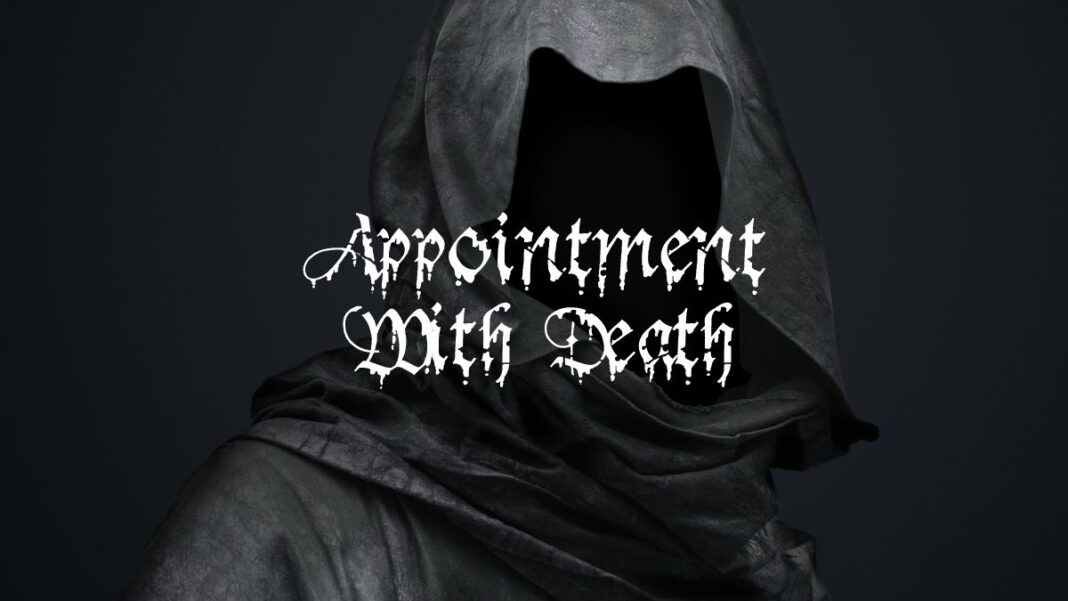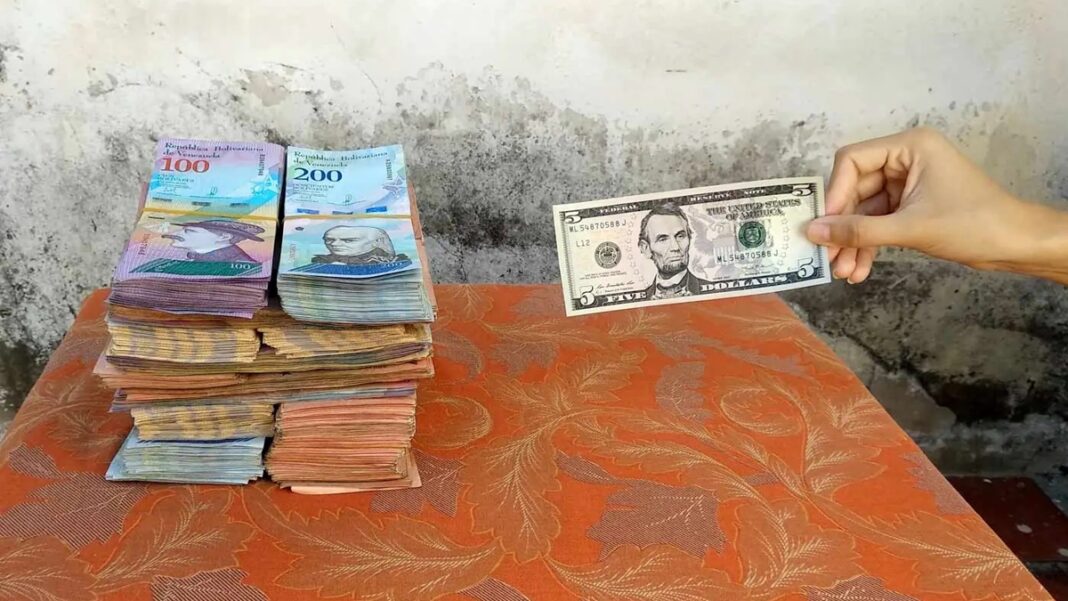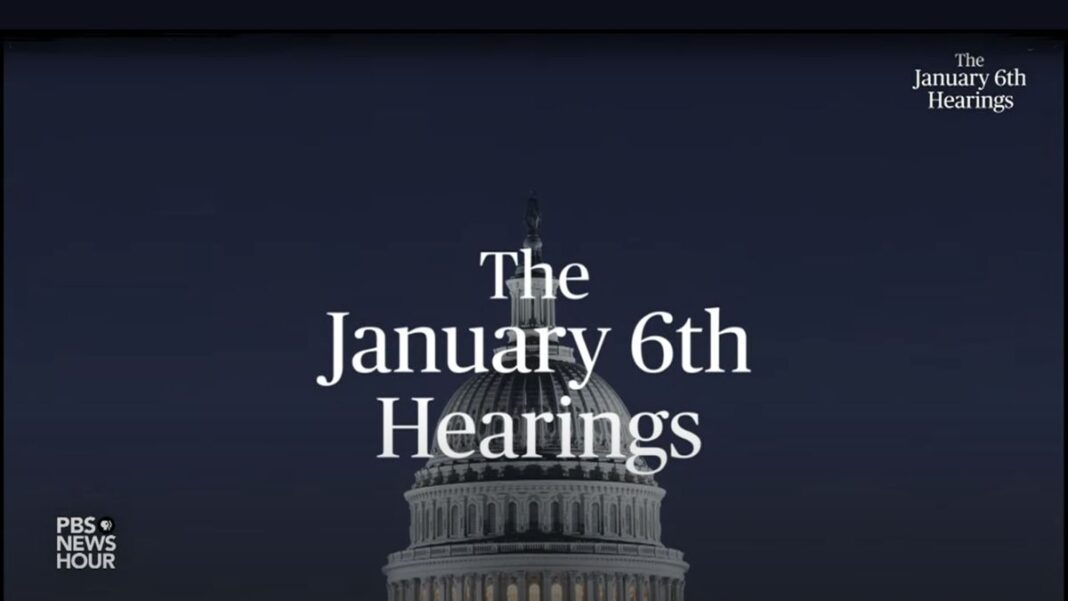What do you do when you discover your son has made an appointment for his death?
On September 7, Margaret Marsilla called Joshua Tepper, the doctor who planned to kill her son.
Marsilla is 46, and she lives outside Toronto with her husband and daughter, a nursing student. She had known that her 23-year-old son, Kiano Vafaeian, was depressed—he was diabetic and had lost his vision in one eye, and he didn’t have a job or girlfriend or much of a future—and Marsilla asked her daughter to log onto Kiano’s account. (Kiano had given his sister access so she could help him with his email.) He never shared anything with his mother—what he was thinking, where he was going—and Marsilla was scared.
That was when Marsilla learned that Kiano had applied and, in late July, been approved for “medical assistance in dying,” aka MAiD, aka assisted suicide.
His death was scheduled for September 22.
In a September 7 email from Tepper, the doctor, to Kiano and Tekla Hendrickson, the executive director of MAiDHouse, the Toronto facility where Kiano’s death would take place, Tepper mapped out the schedule:
“Hii,” he emailed. (Apparently, Tepper did not use spell check.) “I am confirming the following timing: Please arrive at 8:30 am. I will ask for the nurse at 8:45 am and I will start the procedure at around 9:00 am. Procedure will be completed a few minutes after it starts.”
The procedure entailed administering two drugs. First, a coma-inducing agent. Then, a neuromuscular blocker that would stop Kiano’s breathing. He would be dead in five to ten minutes.
Apparently, Kiano wanted to bring a dog with him. In an email to him that same day, Hendrickson said: “Dogs are welcome in the space as long as there is someone there who will be responsible for them during the time at MAiDHouse.”
Marsilla was terrified. She had tried to do everything for her son, but it had been rough for him. She and his dad had gotten divorced when Kiano was still a kid. On his sixteenth birthday, she had given him a BMW. When he was 17, he had been in a bad car accident. He wasn’t up to college. He smoked a ton of weed. He’d lived with his dad, then with his mom, and now with her sister, Kiano’s aunt.
Wherever he went, whatever he did—he was unhappy. Going blind in his left eye, this past April, was the tipping point.
The day after she discovered the email, Marsilla called Tepper. She pretended to be a MAiD applicant. She called herself Joann and said she “wanted to go through the whole process in general, from A to Zed, before the Christmas holidays—if you know what I mean.” Tepper indicated he understood.
Tepper, sounding matter of fact, ran through the list of requirements: “You have to be over 18. You have to have an OHIP card.” (He was referring to her Ontario Health Insurance Plan.) “You have to have suffering that cannot be remediated or treated in some way that’s acceptable to you.”
Marsilla, who recorded the conversation and shared the five-and-a-half-minute recording with Common Sense, told Tepper that she was diabetic and blind—more or less, her son’s condition. Tepper said he’d “had patients a lot similar to you.”
Then, the doctor said, “If you wanted, I could do a formal assessment with you.” Marsilla asked if she should come in. Tepper replied: “We do them remotely, often by video of some type: WhatsApp, Zoom, FaceTime, something like that.”
A few minutes later, Marsilla hung up. She had just over two weeks to stop her son from dying.









